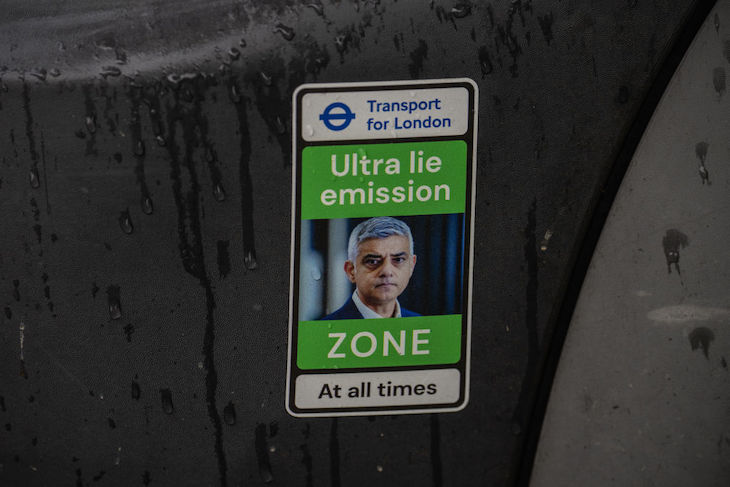Have you ever heard of Susan Hall? Until a month ago, I hadn’t. Now that she has been selected as the Conservative candidate for next year’s London mayoral election, her name might well stick – although I am going to write it down somewhere just in case.
This isn’t to disparage her abilities. Hall has, apparently, been leader of the Conservative party group in the London Assembly for the past four years – I don’t live in London, which may explain my ignorance. Before being elected a councillor in Harrow she was a mechanic in the family garage business and has also worked as a hairdresser – so she ought to have a connection with ordinary people which is lacking in so many of today’s MPs, many of whom have never had a job outside politics. For all I know she might have what it takes to make an excellent mayor.
Yet her selection seems to break an unwritten rule of the London mayoralty election: that parties will pick, if not political celebrities, then someone who comes to the campaign with a high level of national recognition, or who at least seems a little larger than life. Since the first election in 2000 the Conservatives have selected Jeffery Archer (though he never got around to contesting the actual election), Steven Norris, Boris Johnson, Zac Goldsmith and Shaun Bailey.
The Conservatives seem to have decided that the London mayoralty is no more than a local government job
Norris had been a cabinet minister, Johnson was already well-known, Goldsmith was a high-profile London MP, Shaun Bailey had not got further than being a parliamentary candidate but was well-known through his journalism.
It is a puzzle why no high-profile Conservatives with national recognition seemed to have been interested in the job this time around, not least because of the open goal which Sadiq Khan has granted the party as a result of his determination to press ahead with expansion of his Ultra-Low Emissions Zone (Ulez). It was in the outer boroughs – i.e. those affected by Ulez expansion – that Johnson built support in his successful campaign to unseat Ken Livingstone in 2008.
Moreover, if you are an ambitious Conservative MP you are possibly looking at the loss of your seat in a 2024 general election, as well as five years in opposition. You might have thought that at least one or two would have studied Johnson’s rise to power via an unconventional, non-Parliamentary route and wondered whether the Mayor’s job might present a better option than trying to remain in Westminster.
There are Tories, too, whose Commons careers are over but might fancy a political swansong at City Hall, with the freedom that would bring – George Osborne, for example, who has been mentioned in connection with the mayor’s job before.
Yet by picking their – fairly bland – council leader, the Conservatives seem to have decided that the London mayoralty is no more than a local government job. This might strictly be true but it is far from the way Boris Johnson saw it.
David Cameron didn’t want Johnson as his party’s candidate at first, yet the gamble paid off spectacularly – Johnson’s celebrity value won over London, cutting through the idea that the Conservatives could not win in a ‘Labour city’. It is hard to imagine Susan Hall doing the same.







Comments